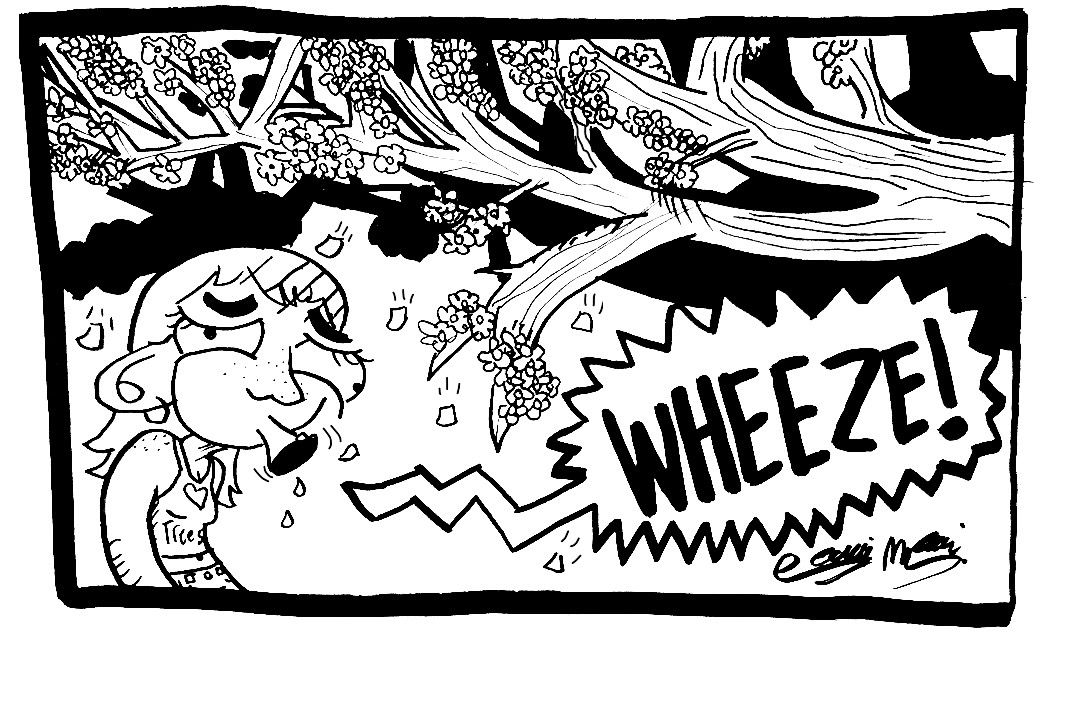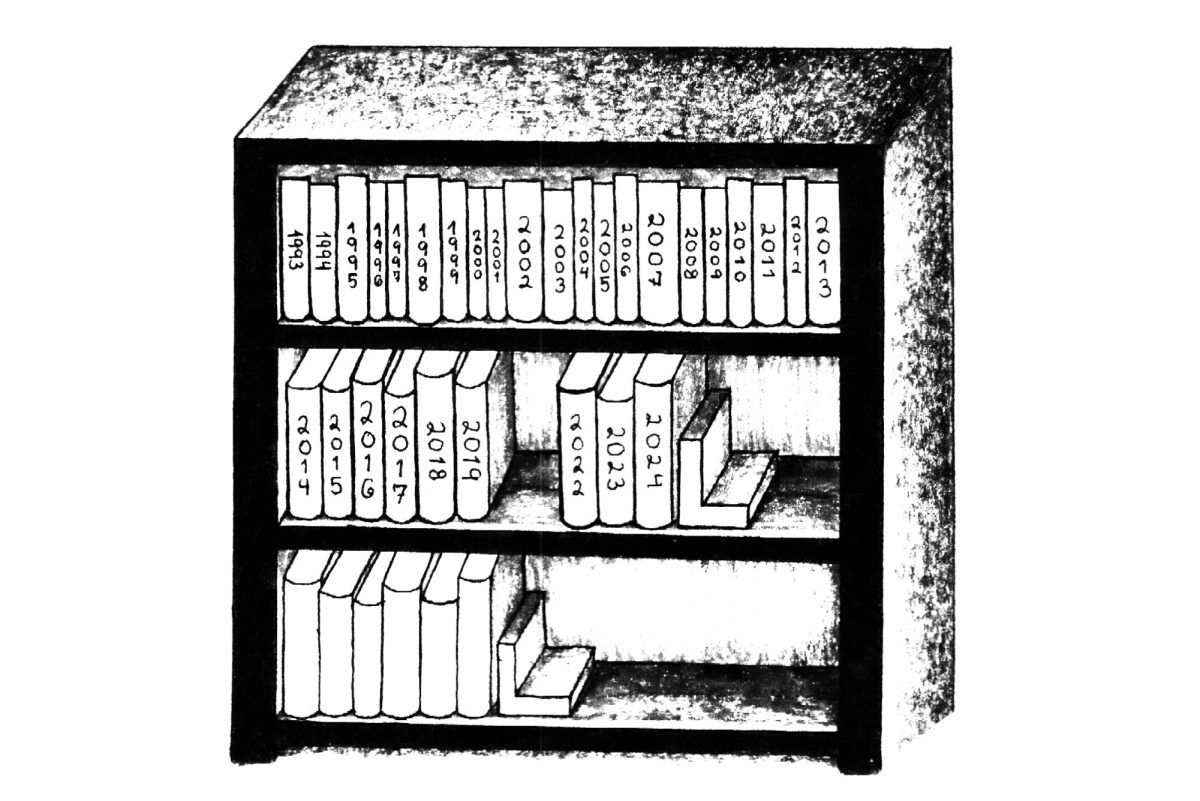Last week marked five years since the World Health Organization declared COVID-19 a global pandemic, businesses shut down and people went into isolation. Socialization changed overnight. Children went from seeing their friends and teachers every day in person to not seeing them for months. Many employers moved jobs online, and people who couldn’t transition to remote work lost their jobs. Since then, our world has transitioned back to a new normal where people have maintained their isolation tendencies by acting antisocial and forgetting they are a part of a larger community.
Many students, whose days used to be filled with classroom discussions, hanging out with friends or participating in student organizations, lost their social skills after living in lockdown for at least three months and having limited in-person interactions for over a year. I was in eighth grade when the pandemic started, and I experienced some social isolation issues when it ended in my sophomore year of high school. I found it hard to make friends once I had started high school because I was so used to being at home all day. I developed antisocial habits like cancelling plans last minute or not responding to text messages. When you are locked in your house, you only have to think about yourself and anyone you live with. When returning to normal society, it is understandable that thinking further than yourself can be difficult.
Ever since we have come back from COVID, I have noticed people are wrapped up in their own worlds more than they used to be prior to March 2020. Before the pandemic, people would take punctuality very seriously, always arriving on time or having a sense of urgency when it came to their academic or social responsibilities. Now, I see students sitting in class on their phones and not paying attention to their professor or leaving in the middle of class, which I wouldn’t see as often before the pandemic. In college, I’ve noticed many of my peers walking in late to classes and acting as if it isn’t disrespectful to the professor.
Before the pandemic, people would use headphones if they were listening to music or watching a video on public transportation, and if they took a call, it wouldn’t be on speakerphone. But after the pandemic, some people tend to blast audio from their phone at full volume in public.
The pandemic isolated us, and because of the solitude we have had trouble respectfully interacting with others. Social media use was rampant during the pandemic to stay connected with people outside of our households and contributed to the antisocial culture. But social media has restricted our ability to return to full normalcy after the pandemic by allowing people to hide behind screens and refrain from socializing.
Despite the decrease in interaction, I do not feel empathy is dead. Some people have actually grown more empathetic during the pandemic, volunteering for charitable causes like natural disasters and getting involved in activism like the Black Lives Matter movement. But since the pandemic ended, it’s become harder to get people more willingly involved in their community. People should be able to lean on the people around them for support. It will take years for our society to realize that living antisocially is not going to benefit anyone in the long run because right now people are content with thinking only about themselves.
It is crucial for people to get involved with their communities and shift selfishness to selflessness. We can remind society what a community can do to benefit everyone and help build respect and empathy toward each other.
Alexia Green, a first-year majoring in journalism and mass communications, is an opinions writer.



